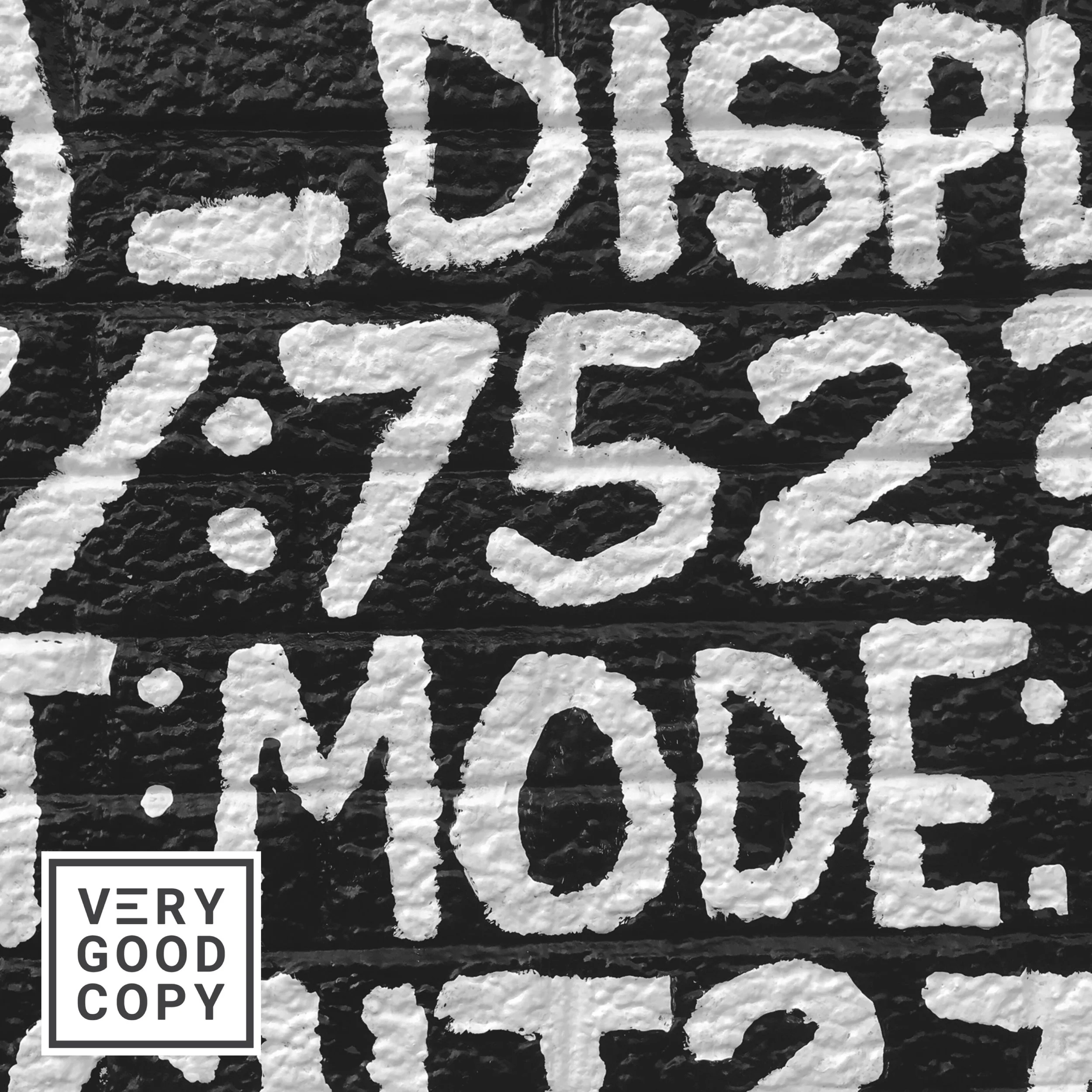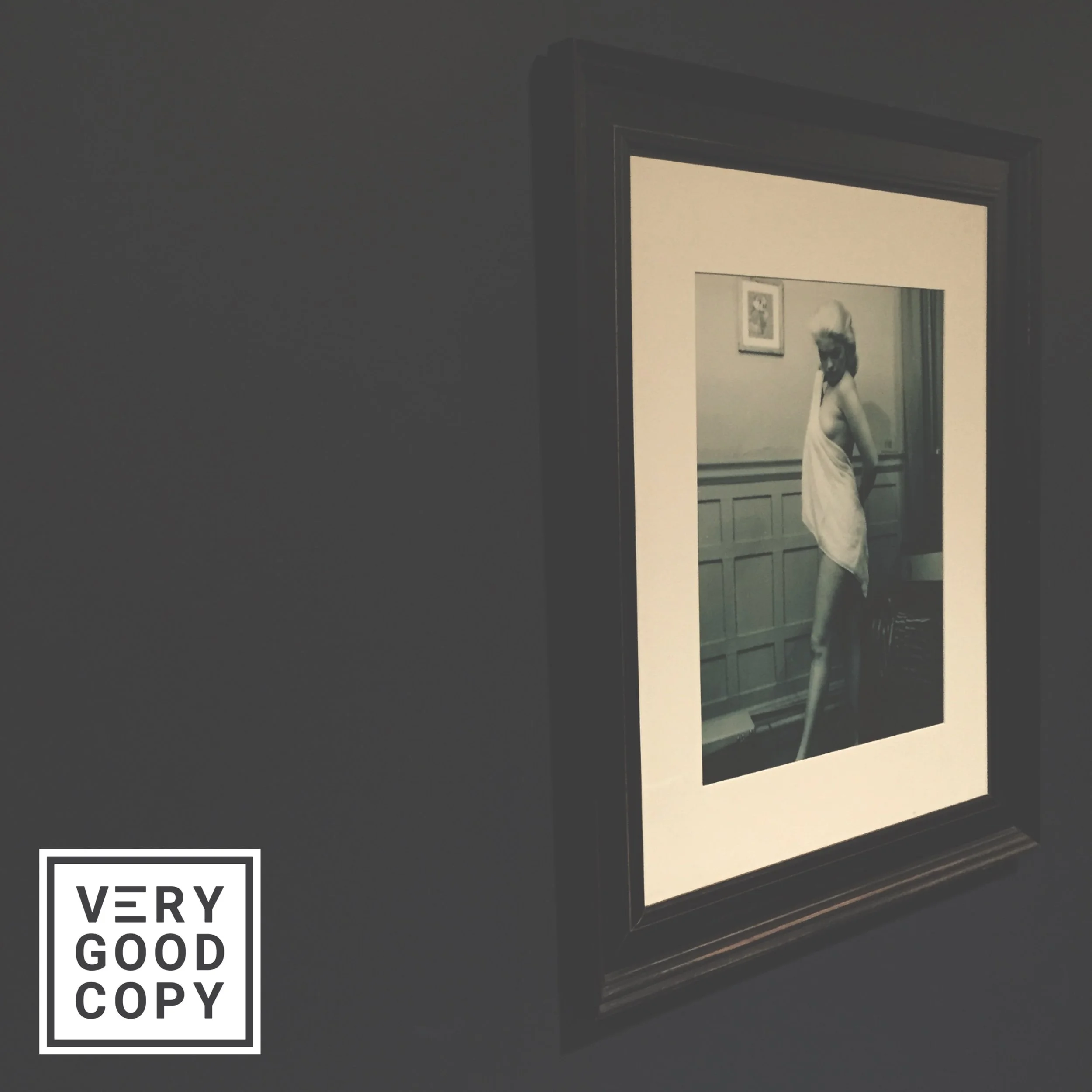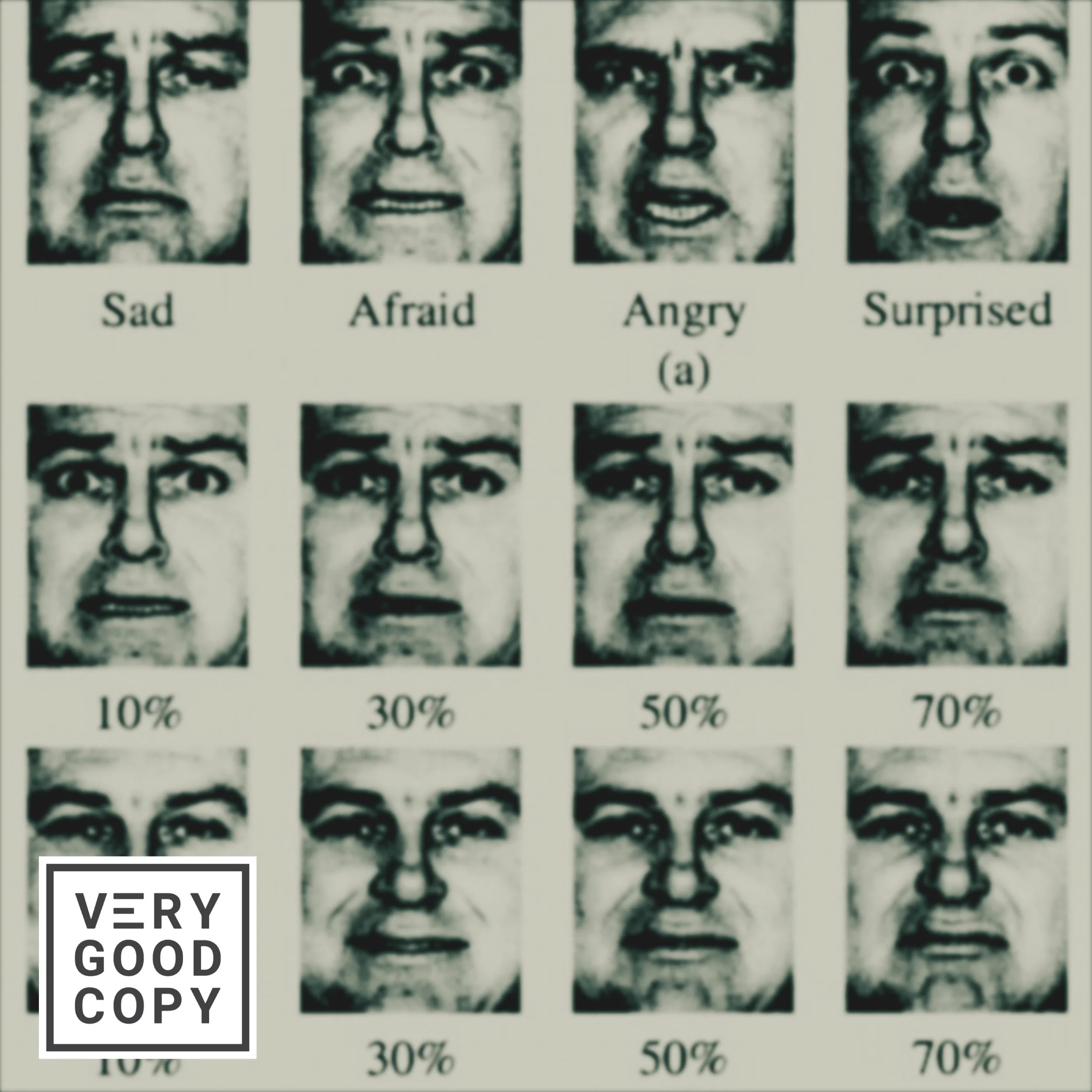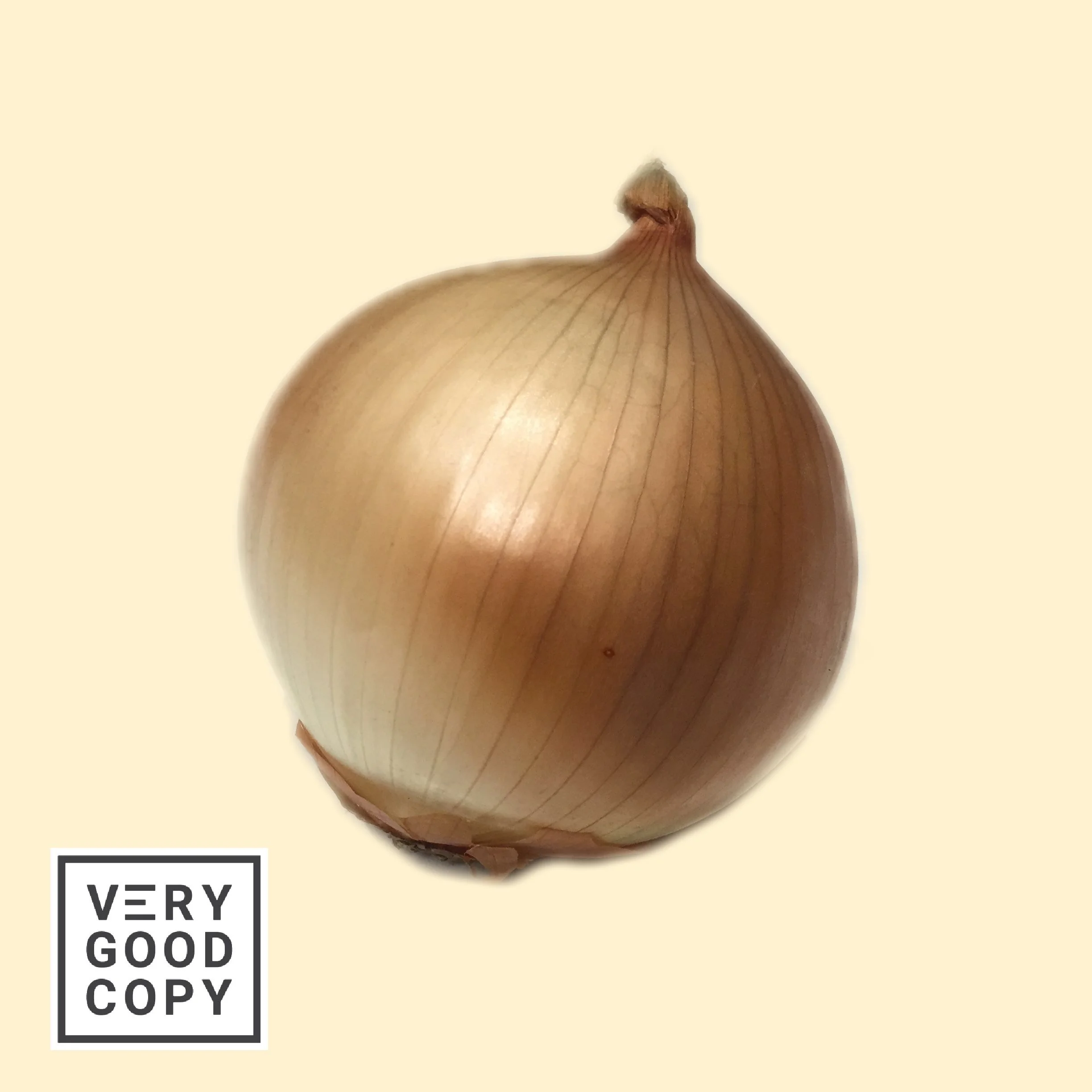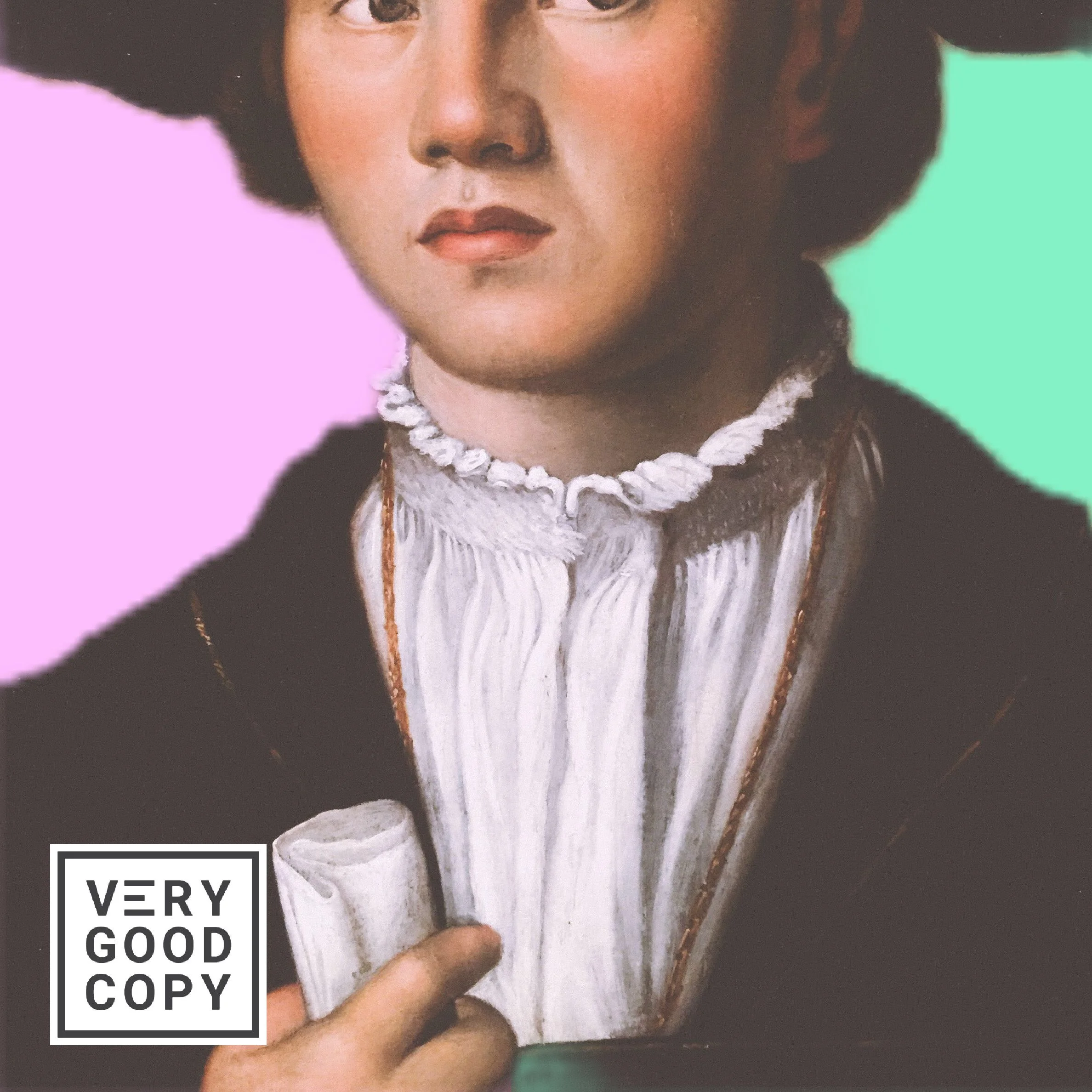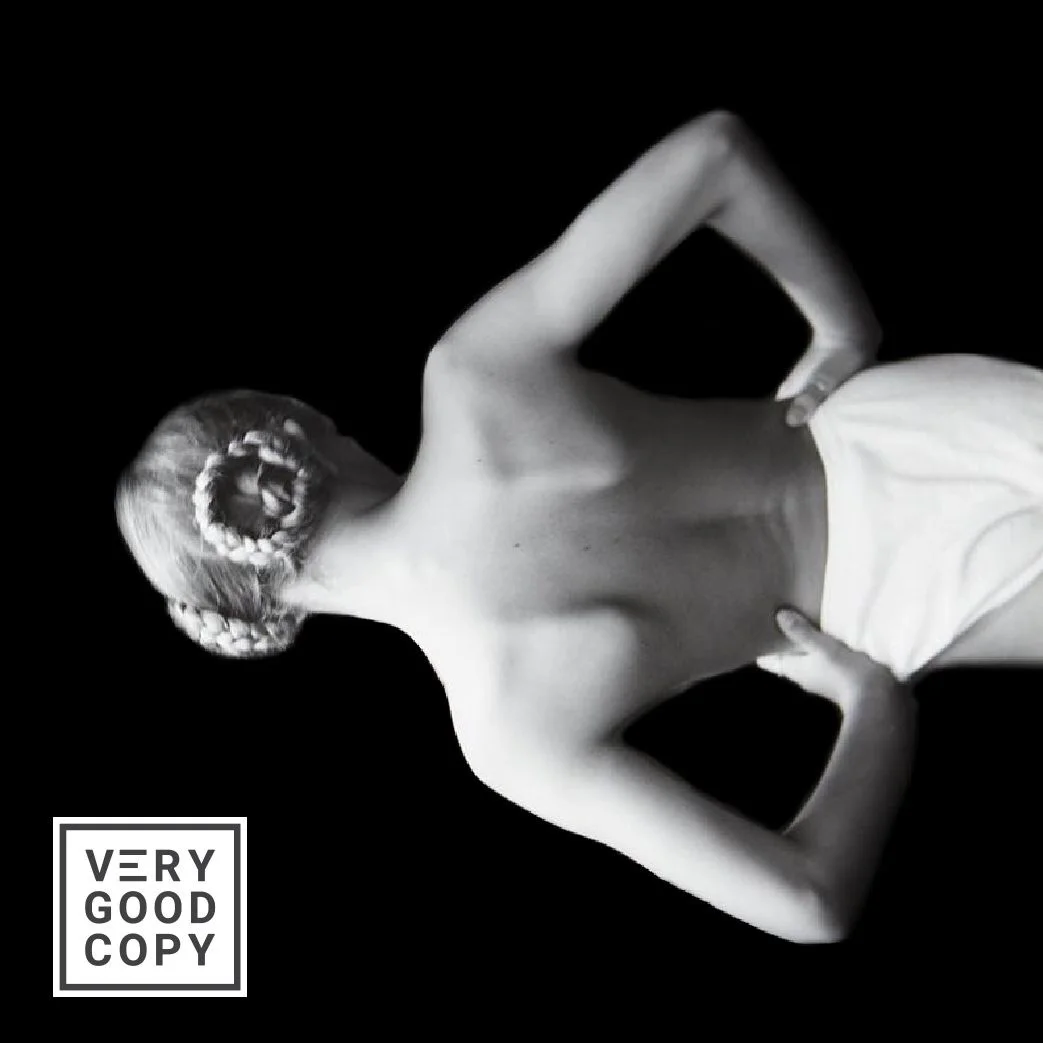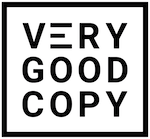![VeryGoodCopy [Logo] DARK.png](https://images.squarespace-cdn.com/content/v1/5615edeae4b0b9df5c3d6e90/1531797752704-DEP0H0XDQSH5OU9LG7HI/VeryGoodCopy+%5BLogo%5D+DARK.png)
In 2012, Austin Kleon published a book.
He called it Steal Like An Artist: 10 Things Nobody Told You About Being Creative.
It’s a valuable read, short and clear, entertaining and absorbing. I revisit it often because it helps me find inspiration when I can’t write.
It helps me move forward when I’m staring at a blank screen — blocked and frustrated — especially the last chapter, which Kleon titled:
![VeryGoodCopy [Logo] DARK.png](https://images.squarespace-cdn.com/content/v1/5615edeae4b0b9df5c3d6e90/1531798353185-OLQUI50UO5Y051E9MBKR/VeryGoodCopy+%5BLogo%5D+DARK.png)
Creativity Is Subtraction
“The way to get over creative block is to simply place some constraints on yourself,” writes Kleon. “It seems contradictory, but when it comes to creative work, limitations mean freedom.”
Limitations, depending on your craft, can take on many forms:
![Creative Block [VGC art].JPG](https://images.squarespace-cdn.com/content/v1/5615edeae4b0b9df5c3d6e90/1531798652006-1YJCFBT231EV8DX39EGR/Creative+Block+%5BVGC+art%5D.JPG)
- A chef, cooking a meal, can limit the variety of ingredients she uses (e.g., only eggs and onions).
- An artist, painting an oil on canvas, can limit the number of colors she uses (e.g., only blue and red).
- An entrepreneur, starting a business, can limit the financial investment she begins with (e.g., only $500).
- A copywriter, writing a sentence, can limit the type of words she uses (e.g., only colloquialisms; no jargon).
Limitations incite action by simplifying the creator’s decision-making process, by forcing her hand.
“Nothing is more paralyzing than the idea of limitless possibilities,” writes Kleon. “The idea that you can do anything is absolutely terrifying.”
Too many options can lead to decision paralysis, which is overthinking a choice to the point of inaction. Having fewer options, then, makes it easier to take your next step.
But what if you’re unable or uninterested in limiting your options?
In that case, there’s another way to constrict yourself — a cross-disciplinary strategy scientifically proven to help spur creativity:
Limit your time.
Parkinson’s law states that “work expands so as to fill the time available for its completion.”

Therefore, the less time you allow for getting your work done, the faster your brain is forced to make cardinal decisions. (This’ll happen automatically, by the way, subconsciously.)
Whether those decisions are good or bad, from a creative standpoint, doesn’t matter. What matters is that the work is getting done, that you’re advancing toward a first draft that can then be edited, molded, perfected.
Next time you're blocked and can't write...
Give yourself a word count and a hard, aggressive deadline to finish the draft (e.g., 500 words in 75 minutes).
If you take the exercise seriously, you’ll finish. I promise you will.
The draft will be far from perfect, but it’ll be a start. And having started means you’re no longer blocked. And that’s a beautiful thing.
LEARN TO PERSUADE
![VeryGoodCopy [Logo] DARK.png](https://images.squarespace-cdn.com/content/v1/5615edeae4b0b9df5c3d6e90/1531798137922-IWXEZOJW34QQTDHFAVUO/VeryGoodCopy+%5BLogo%5D+DARK.png)
WRITE BETTER.
MARKET BETTER.
SELL MORE.
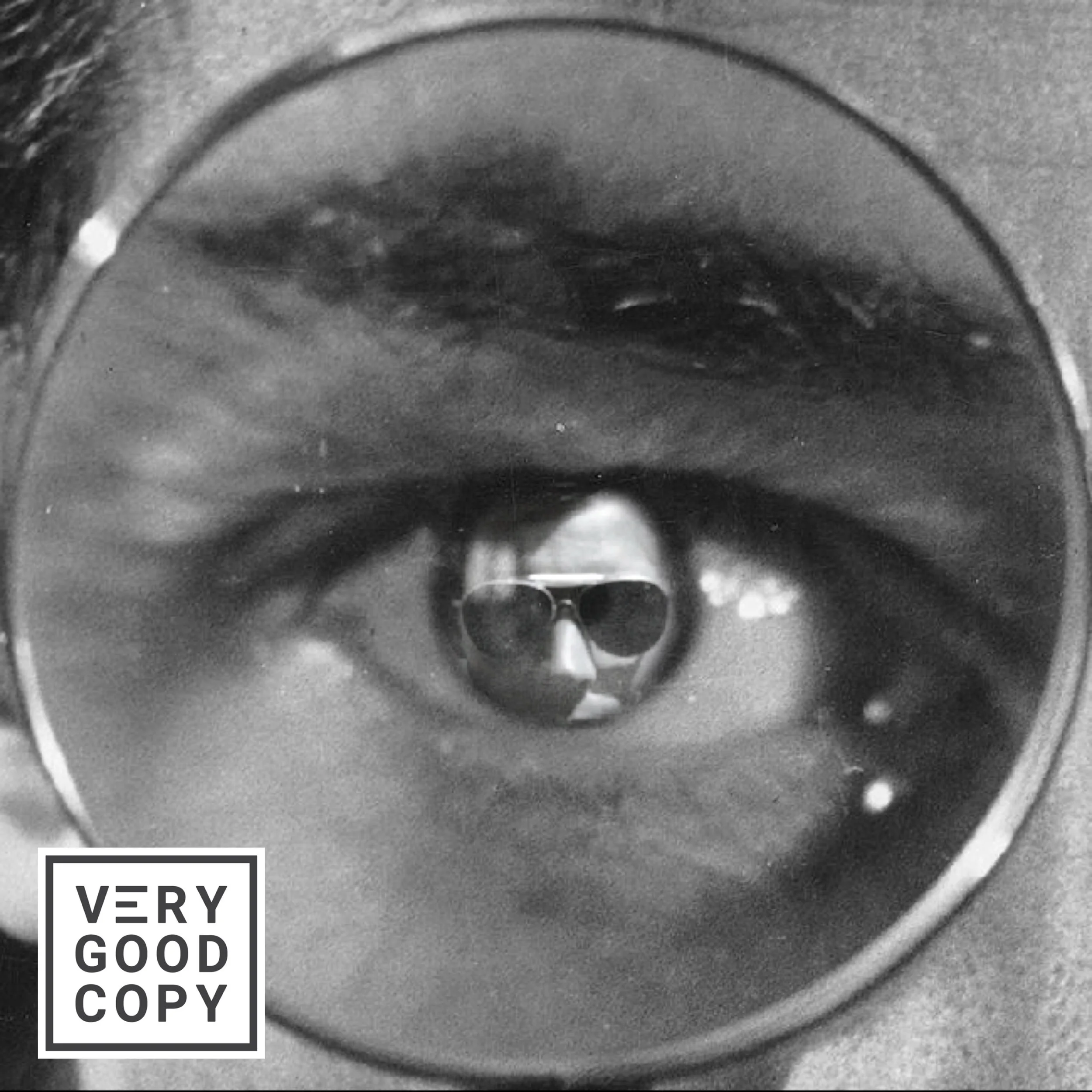


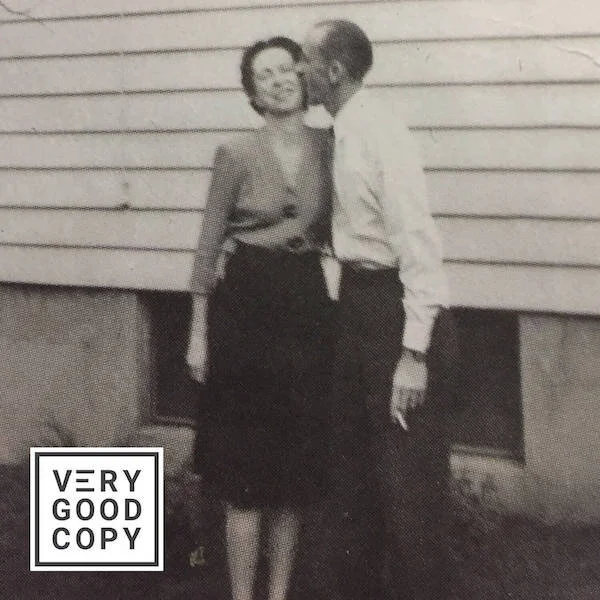
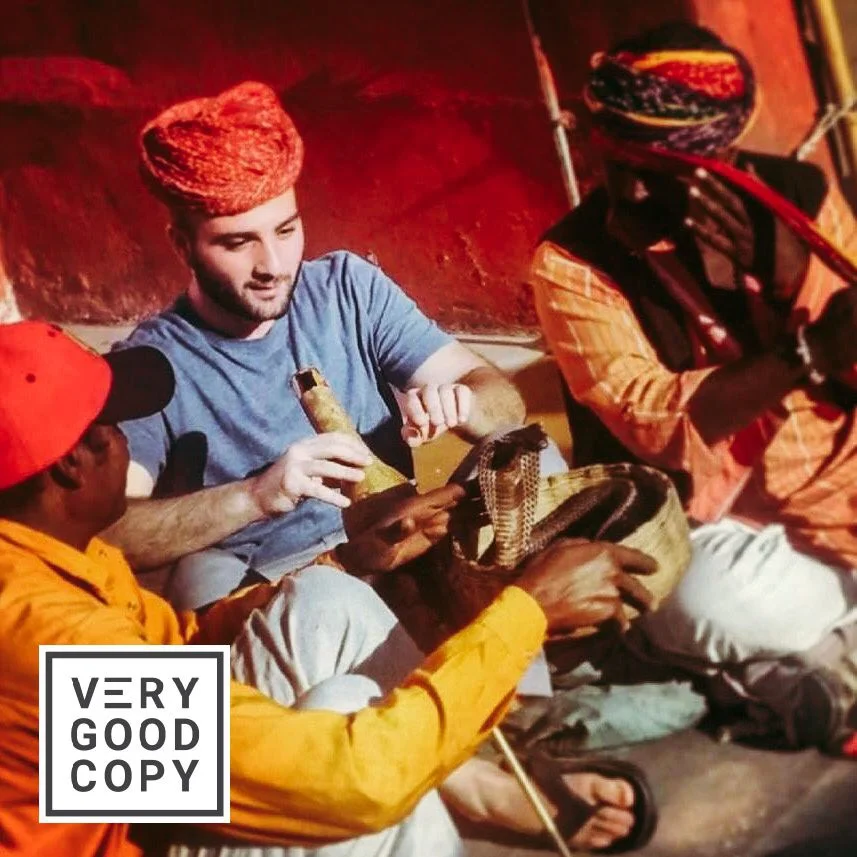
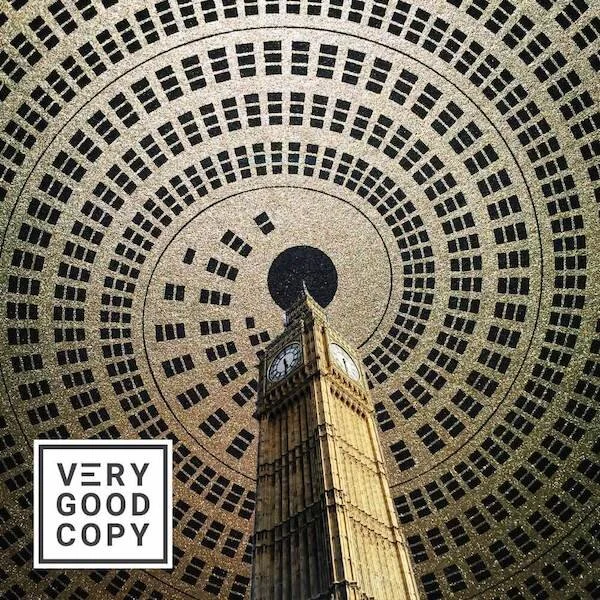
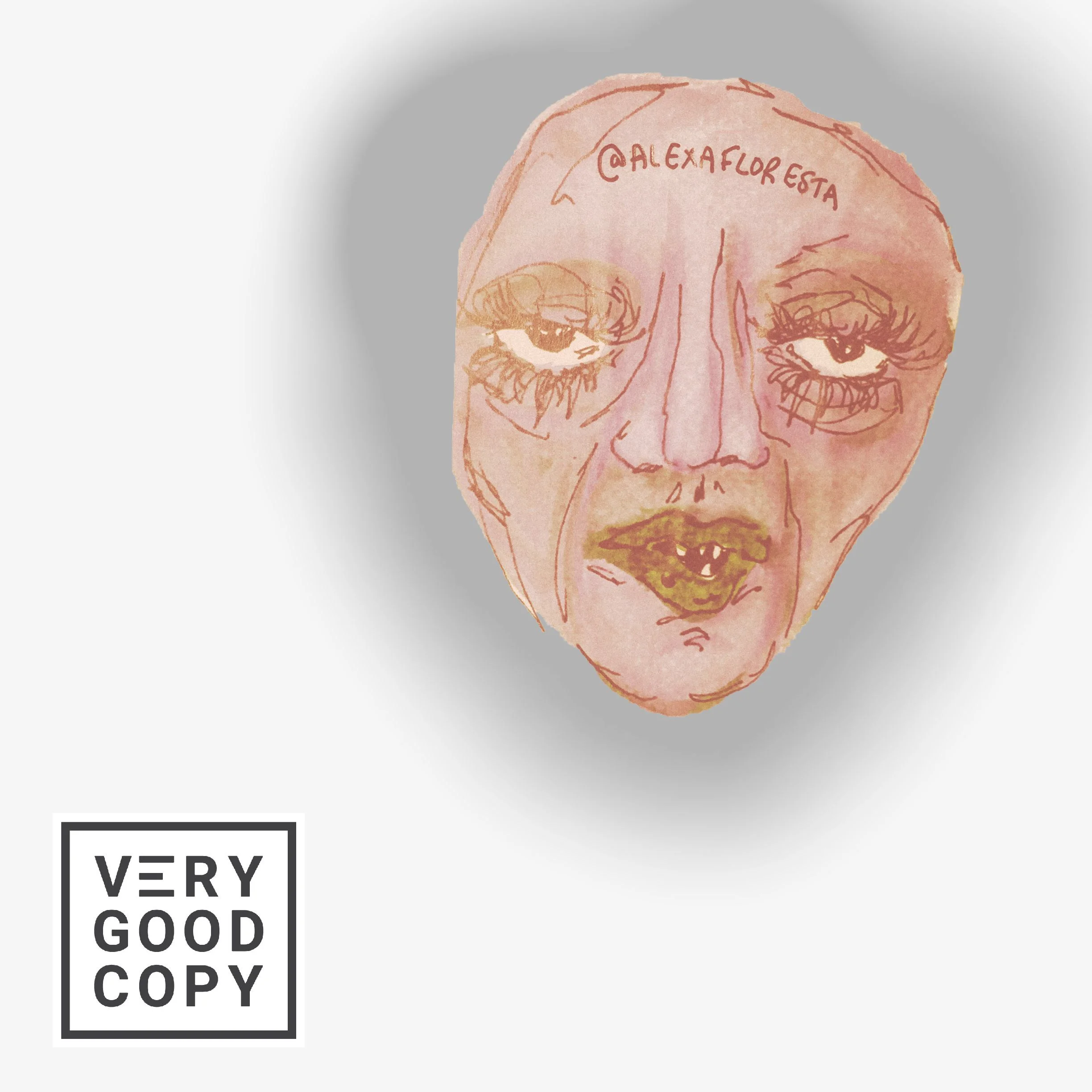
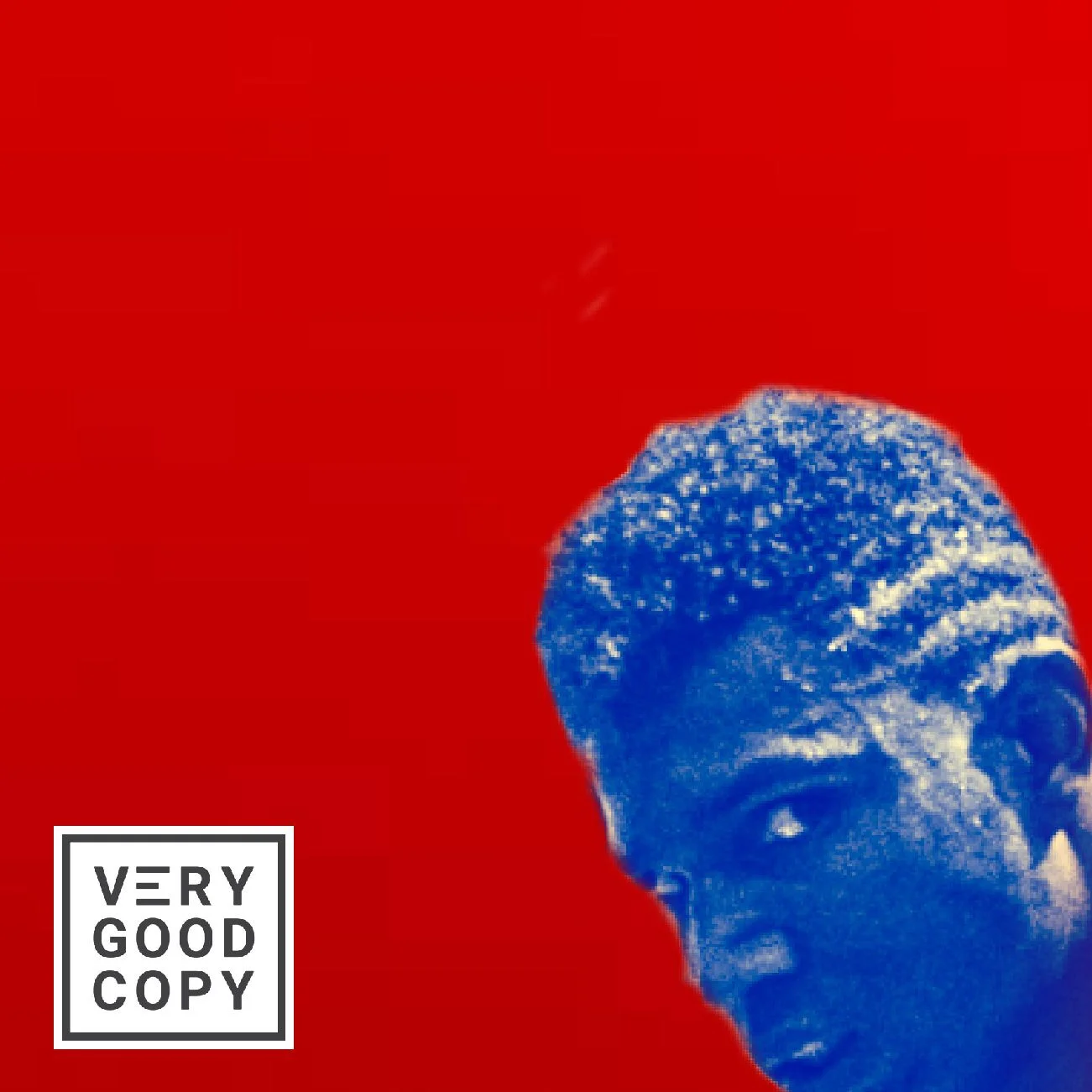












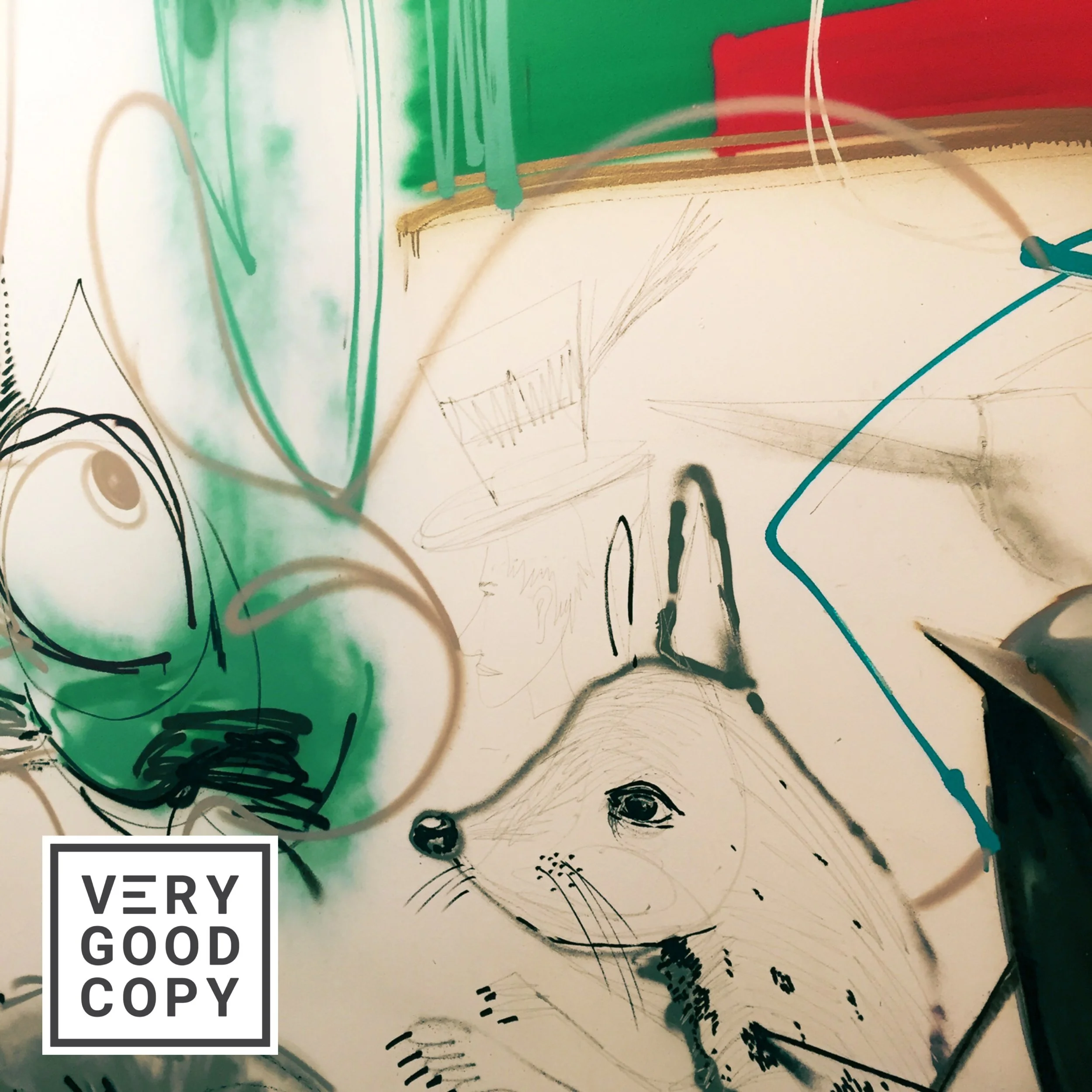
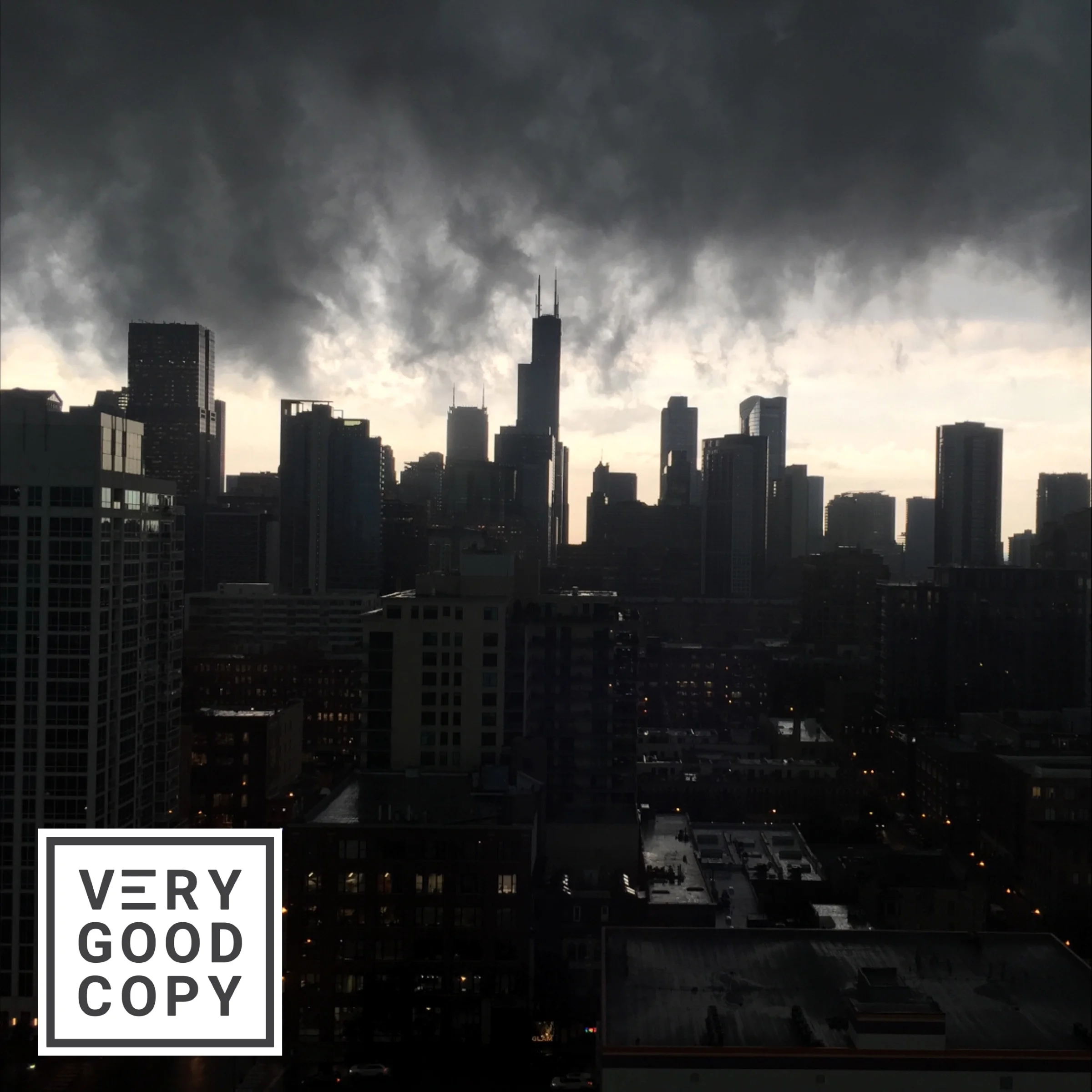












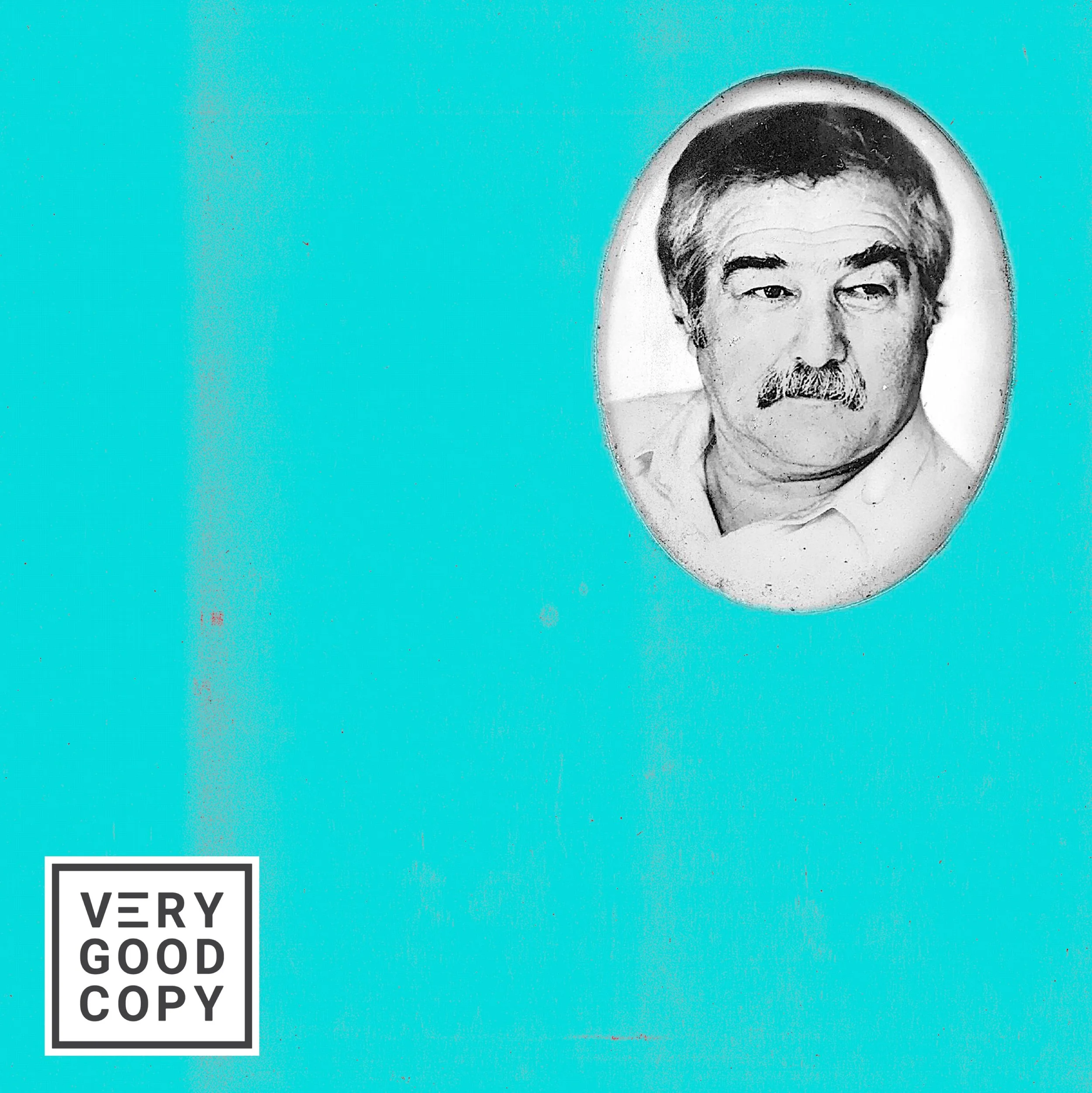
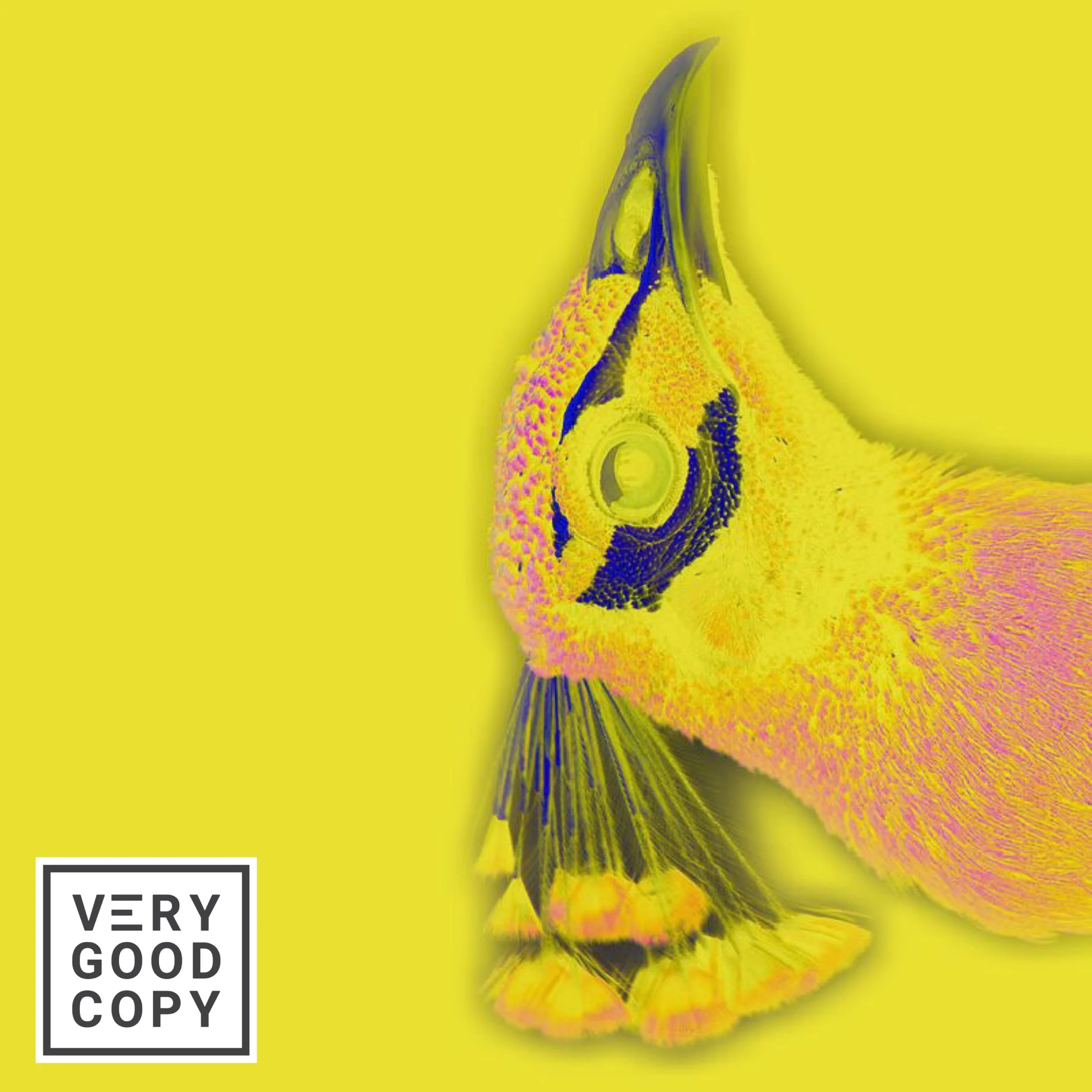


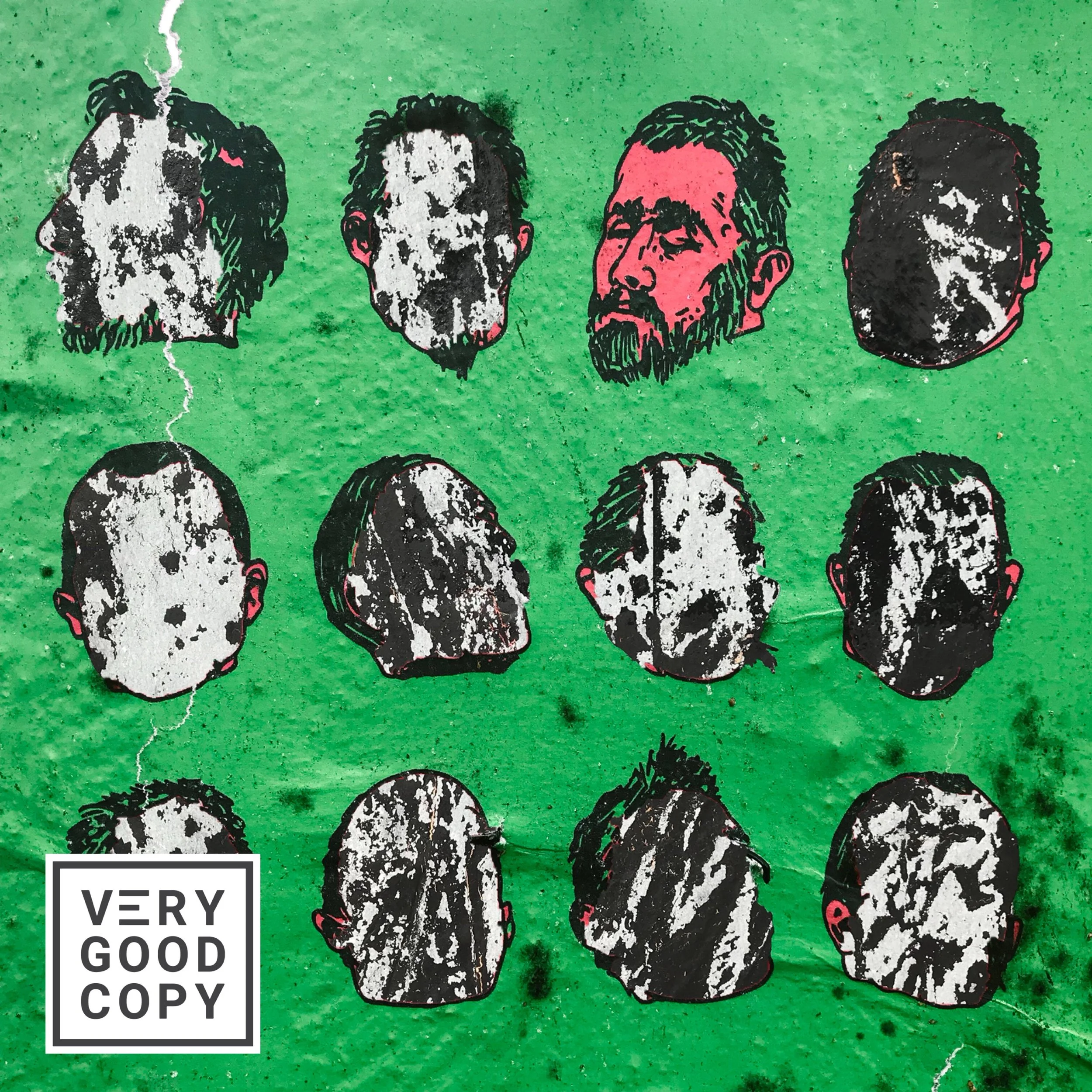
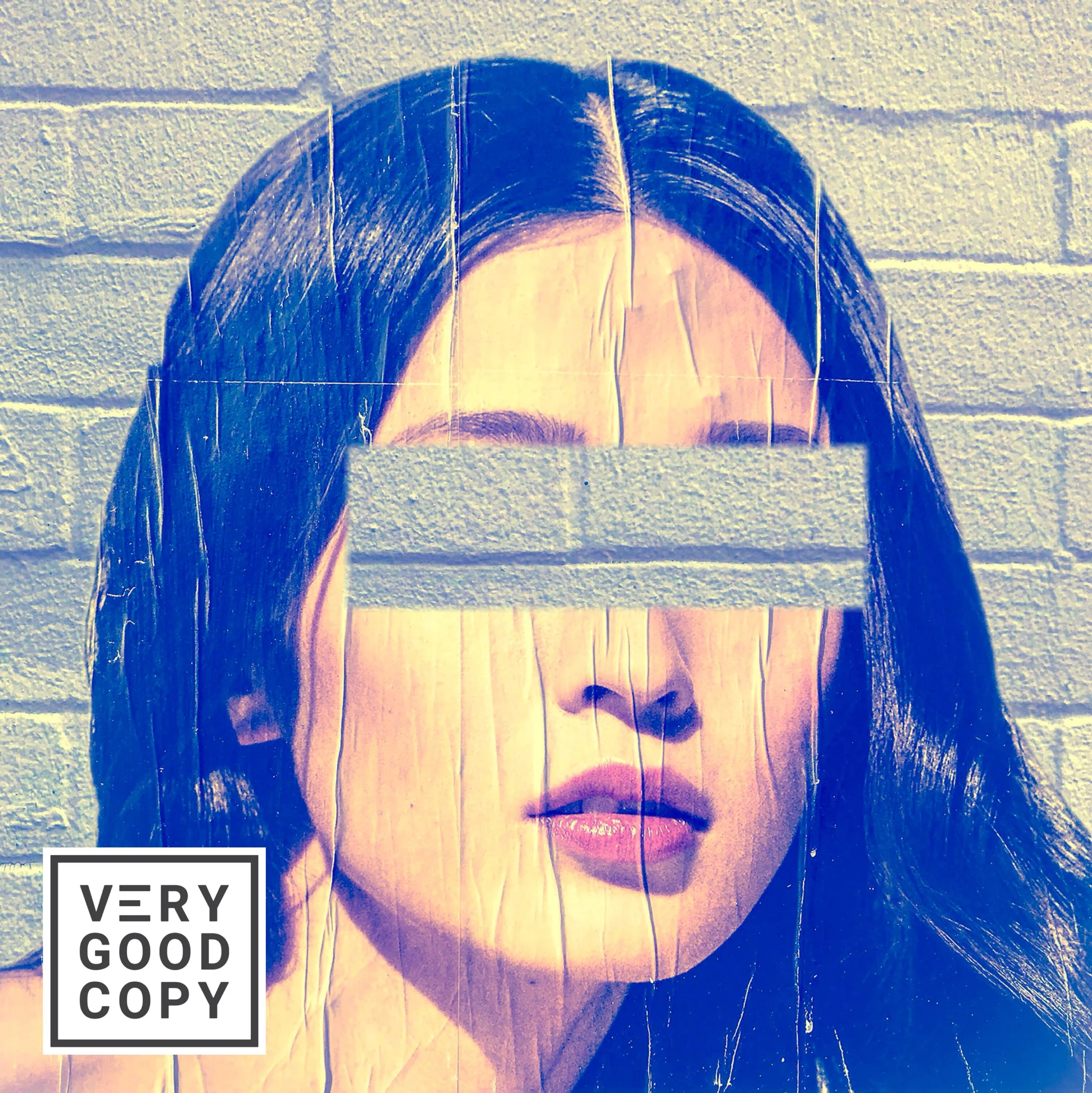
![How copywriters put prospects in the buying mood [quick trick]](https://images.squarespace-cdn.com/content/v1/5615edeae4b0b9df5c3d6e90/1533095575515-C2JPAZA3C46IBX00EMM8/Put+prospects+in+the+buying+mood+%5BVGC+art%5D.JPG)


